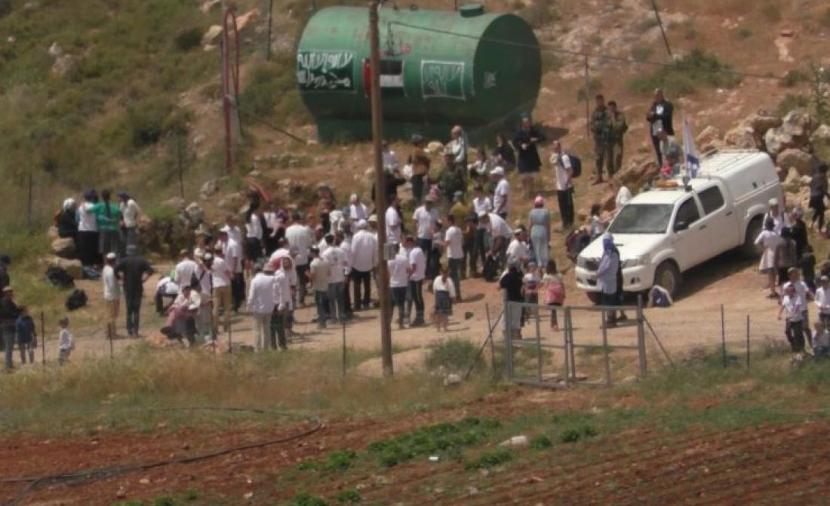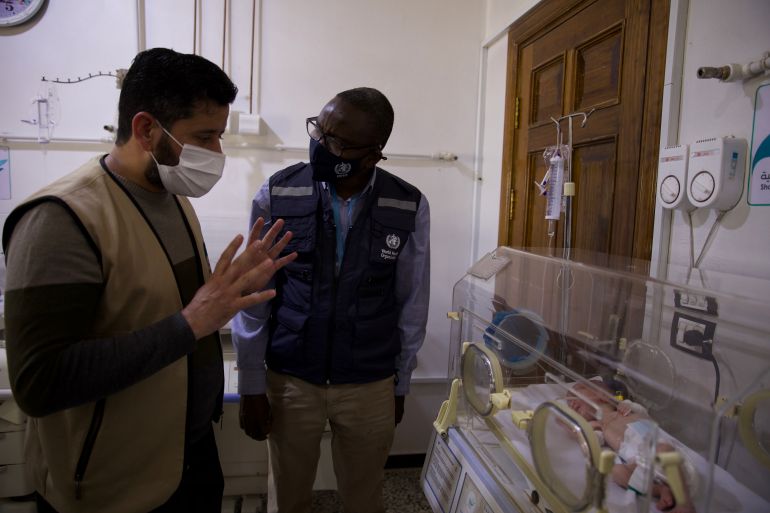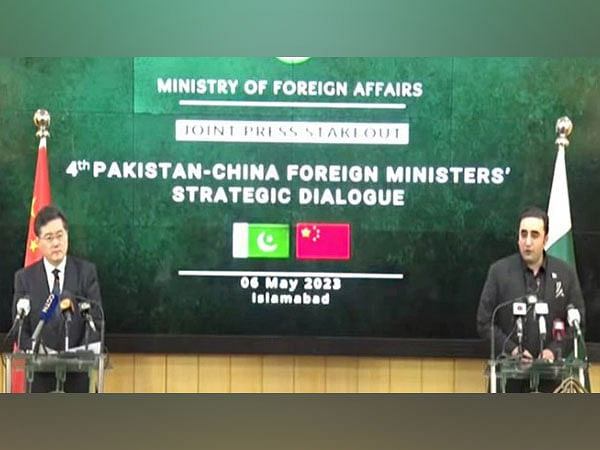Fist Fight Between Russian and Ukrainian Officials at Assembly

A fist fight broke out between Ukrainian and Russians delegates at a Parliamentary Assembly of the Black Sea Economic Cooperation (PABSEC) summit meeting in Turkey’s capital of Ankara on Thursday.
The incident took place in a hallway of the parliament building, where the Organisation of the Black Sea Economic Cooperation (BSEC) assembly was being held on May 4-5.
Footage shows fist fight between delegates
Footage posted to social media showed the Russian delegations secretary, Valery Stavitsky, snatching a Ukrainian flag out of the hands of his Ukrainian counterpart, Oleksandr Marikovski, to stop him photobombing an ongoing video broadcast by Russia’s lead delegate, Olga Timofeeva.
Marikovski is seen holding the Ukrainian flag behind Timofeeva as the latter was filming a video of herself in front of the assembly’s banner, when Stavitsky snatches the flag and walks away with it.
The scuffle escalated quickly before other participants could separate the two men.
Marikovski later uploaded footage of the scuffle to his Facebook account.
Earlier on Thursday, members of the Ukrainian delegation had again unfurled their national flag next to Olga Timofeeva, deputy head of Russian delegation, to disrupt her speech during the PABSEC meeting in the building of the Turkish parliament in Ankara.
Pictures of the disturbance were posted on the Turkish parliament website besides a statement by parliament head Mustafa Sentop who said he condemned “this behaviour that disrupts the peaceful environment that Turkey is trying to establish.”
 fb.watch/klEW9YU_cx/
fb.watch/klEW9YU_cx/Organization of the Black Sea Economic Cooperation expels Russia
The April 2023 assembly was the first face-to-face meeting of BSEC’s Committee of Senior Officials since the break out of the Covid-19 pandemic.
Founded in 1992 and headquartered in Istanbul, Turkey, the Organization of the Black Sea Economic Cooperation (BSEC) is a regional international organization focusing on political and economic initiatives aimed at fostering cooperation, peace, stability and prosperity in the Black Sea region.
Its Parliamentary Assembly (PABSEC) was established a year later by 9 founding states. Greece joined PABSEC in 1995, followed by Bulgaria in 1997, and Serbia in 2004.
BSEC’s member countries today are Albania, Armenia, Azerbaijan, Bulgaria, Georgia, Greece, Moldova, Romania, Russia, Turkey, Ukraine, Serbia and Montenegro.
Since Russia’s full-scale invasion began in February 2022, Ukraine had requested the expulsion of Russia from the organization for violation of the Charter, according to Roman Nedilskyi, Ukraine’s Permanent Representative to the BSEC.
Although there are no legal mechanisms in the organization’s Charter for excluding one of the member states, and changes to the Charter can only be made by consensus, Russia was isolated and prevented from taking its turn to chair the BSEC General Assembly, he added.












